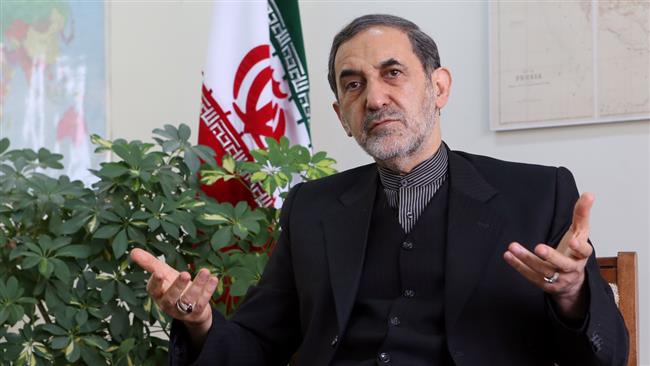An adviser to Leader of the Islamic Revolution Ayatollah Seyyed Ali Khamenei says Saudi Arabia will see the backlash of its war against Yemen on the kingdom’s own security.
“This war does not benefit the Saudis. This region is common to all of us and that is why we have opposed the Saudi aggression against Yemen and the violation of international regulations,” Ali Akbar Velayati said in an interview with the Lebanese As-Safir newspaper published on Tuesday.
He added that Iran has repeatedly advised Saudi officials against continuing the airstrikes on Yemen and said, “They have fanned the flames of a fire they will not be able to put out.”
The Iranian official added that the Yemeni people will continue their resistance against Saudi Arabia.
Velayati further rejected the Saudi claim about Iran’s domination over Yemen, noting that there is not a single Iranian military force in Yemen.
He also pointed to Iran’s efforts to send humanitarian aid to the war-wracked country and said an Iranian ship carrying relief supplies is set to arrive in Yemen within the next couple of days despite all threats.
The Iranian cargo vessel, carrying 2,500 tons of humanitarian supplies to Yemen, is scheduled to arrive in the western Yemeni port city of Hudaydah on May 21. The ship, dubbed Nejat (Rescue), set sail from Iran’s southern port city of Bandar Abbas on May 11.
Saudi Arabia had earlier blocked Iranian aid deliveries to Yemen. Last month, it prevented two Iranian civilian planes from delivering medical aid and foodstuff to the impoverished people.
Riyadh started its military aggression against Yemen on March 26 – without a UN mandate – in a bid to undermine the HouthiAnsarullah movement, which currently controls the capital, Sana’a, and major provinces, and to restore power to Yemen’s fugitive former president, AbdRabbuh Mansur Hadi, a staunch ally of Riyadh.
UN Humanitarian Coordinator for Yemen Johannes Van der Klaauw said on May 10 that over 1,600 people have been killed and more than 6,200 injured in Yemen since conflict intensified there in late March.
PRESS T.V
R.S

